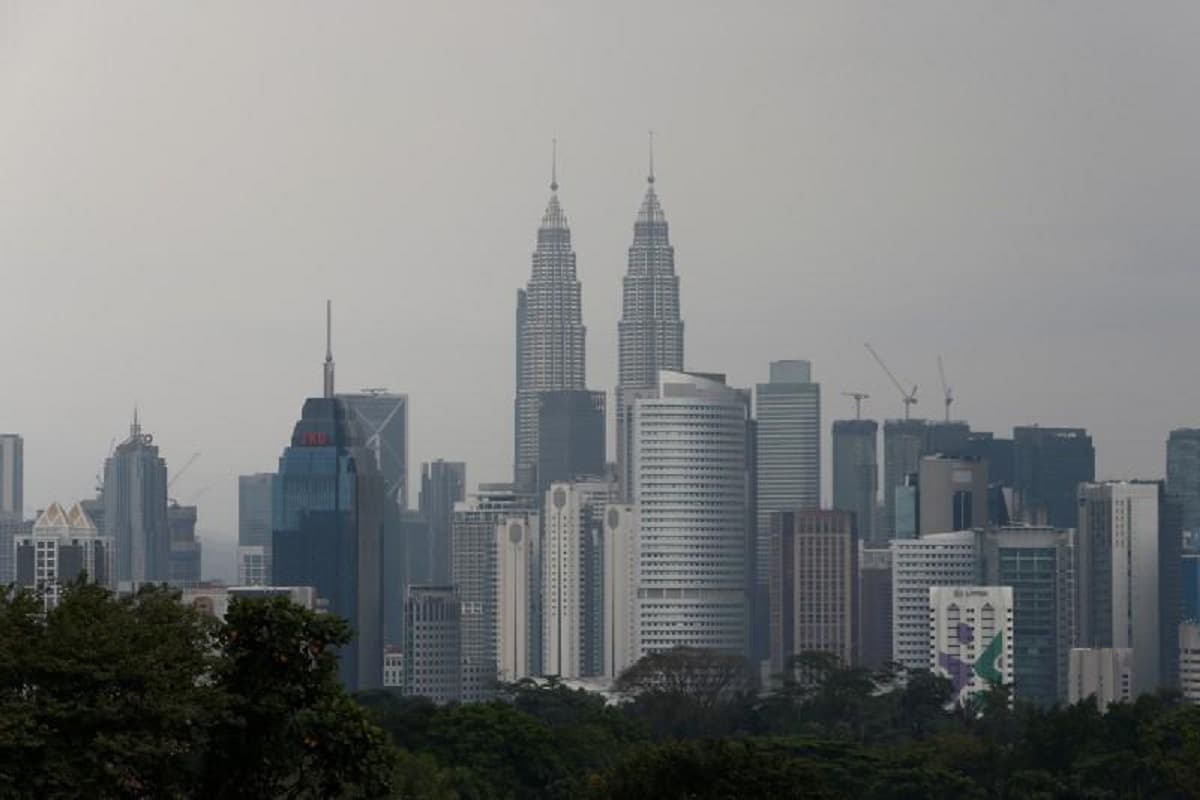
KUALA LUMPUR (May 19): The Malaysian experience in combating corruption has yielded results, but the key is to maintain the momentum and continuity of the reforms around anti-corruption and governance, the World Bank said.
This is as many institutions set up to detect and sanction corruption “became gradually compromised with increasing concentration of political power” in the past despite the nation adopting international best practices.
The country, which has experienced two changes in federal government since 2018, needs to work towards institutionalising its reforms, and to have a broader coalition of reformers that is not limited to public institutions and other formal institutions of government, it said in its report "Enhancing Government Effectiveness and Transparency: The Fight Against Corruption”.
In the report, the World Bank highlighted how the National Anti-Corruption Plan (NACP) has singled out political interference as “one of the major impediments” of past reform efforts.
The interference affected prudence in administrative and financial management in areas such as public procurement and resulted in half-hearted implementation of reforms, it said, adding that “strong support and a clear mandate from the top leadership is a pre-requisite to pursue difficult reforms”.
“There was over-centralisation of power in the executive, and both the Malaysian Anti-Corruption Commission (MACC) and Attorney-General’s Chambers lacked the independence to deal with grand corruption cases, such as the 1MDB and FELDA when they were initially unearthed.
“The MACC Act lacked the teeth to accord a mandatory minimum sentence for offenders, resulting in lighter punishments,” it said. The anti-corruption institutions were focused on mid-level corruption rather than grand corruption involving the highest echelon of government leadership, it added.
The report also pointed out that the lack of institutionalisation of reforms by way of law and regulations has resulted in the dismantling of some of the reforms previously introduced to limit the role of politicians in statutory bodies and government-linked companies (GLCs).
Political appointments continued to be made to board and chairman positions, making it difficult to separate political and business interests, it added.
“The new government has formed its Cabinet and has signalled that it is committed to carrying forward these reforms, which are still being led by the Cabinet Committee on Anti-Corruption, the National Center for Governance, Integrity and Anti-Corruption (GIACC), and the MACC and others under the framework outlined in the NACP.
“These plans are not clear yet, but of critical importance is for Malaysia to review the regulations of all its statutory bodies, develop clear regulatory and oversight bodies that will oversee corporate governance, and drive political governance and anti-party hopping laws which caused the fall of the federal government and some state governments,” it said.
While efforts to take swift action on high-profile corruption scandals is ongoing, the report added that further reforms such as those involving procurement, political funding, asset declaration, politically-linked board appointments in statutory bodies, and effectiveness of the oversight of regulatory bodies “need to be taken to their logical conclusion”.
“Reforms carried out in the judiciary, parliament, election commission and the public service provide a good foundation for institutionalising the changes,” it said, adding that federal-level reforms “need to be cascaded” to state governments and local authorities.
Malaysia’s first change in federal government in 2018 and the ensuing efforts to revitalise anti-corruption institutions and limit executive powers helped it go up 10 places to 51 of 180 countries in Transparency International's (TI) 2019 Corruption Perception Index (CPI).
For the 2020 ranking, Malaysia dropped to 57th place, on the back of better performance by other countries, coupled with limited access to information on matters of public interest, stalled progress in institutional reforms, and a lack of political will to fight institutional corruption.